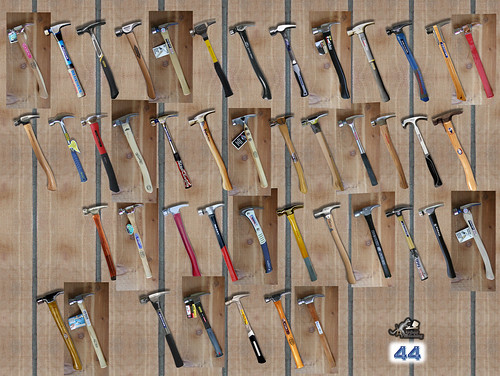50: What do you believe is most unfair? #LifeWideLearning16 @MrChase
— Ben Wilkoff (@bhwilkoff) February 19, 2016
Quite a bit, I get to work with schools and districts as they work to think through their strategic plans. Visions and mission statements are set. They are quickly complemented by action items and assignments of responsibility. An excitement, a fervor start to pass over those assembled. This is it! They are finally moving!
And then I stop things.
Anyone who has begun this work has done so because the status quo is no longer acceptable. They have become frustrated because so much of what is being done is justified by the way the system has operated in the past. They’ve always done it that way. Over and over again, folks are upset by the sturdiness of the system. Banging and clawing at it, they’ve gotten me in the room after a prolonged fight.
So, I ask, “Where is the timeline for review?”
Stares.
We are in the room because of frustration over a lack of reconsideration of priorities. There has been no institutional process for reflecting on whether things are going well. More often than not, the newly proposed system (no matter how forward-thinking) is equally devoid of review.
As much as they may recognize the need for student reflection, for professional pause to consider their practice, they have not thought to include it in their new plans for their schools and districts.
It’s possible they see their new mission, vision, and the lot as perfect. I don’t think that’s it. More likely, they are excited by he possibility of change. The immediate future overrides the later possible.
And that’s why I stop things.
Without planning a process for review, they have doomed themselves to repeat the past. They have cemented the status quo. Without intending to, they have built a structure against which future members of the community will hit their heads.
They have made the arbitrary.
That’s the key for anyone building something new. You are creating something of value to you with deep theoretical roots planted in the soil of today.
This is how the systems you’re fighting against were begun.
Build something better.
This doesn’t mean anticipating the future. As anyone with a platform and technological megaphone will tell you, we can’t anticipate the future. Instead, it means anticipating the future will need something else – something specific to the time.
In any system, the arbitrary is the most unfair. It is the thing to which people point and say, “Well, it’s always been that way.” It is the immovable that most needs moving.
So, we stop things and look at the system they have designed and start asking where it makes sense for future community members to be called upon to examine the status quo for cracks in the foundation.
What makes sense today will be the status quo of tomorrow. It will come replete with the seemingly arbitrary trapping of “we’ve always done it this way”, and that is reason enough to guard against it.
This post is part of a daily conversation between Ben Wilkoff and me. Each day Ben and I post a question to each other and then respond to one another. You can follow the questions and respond via Twitter at #LifeWideLearning16.
